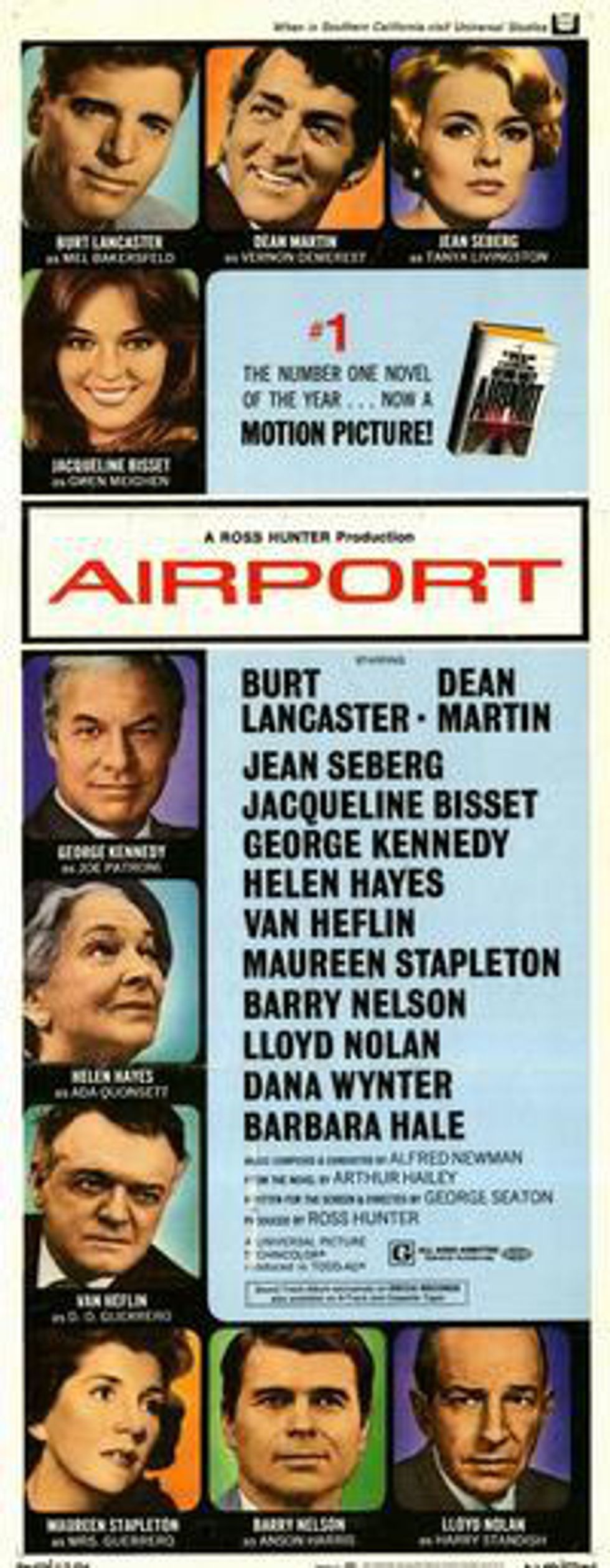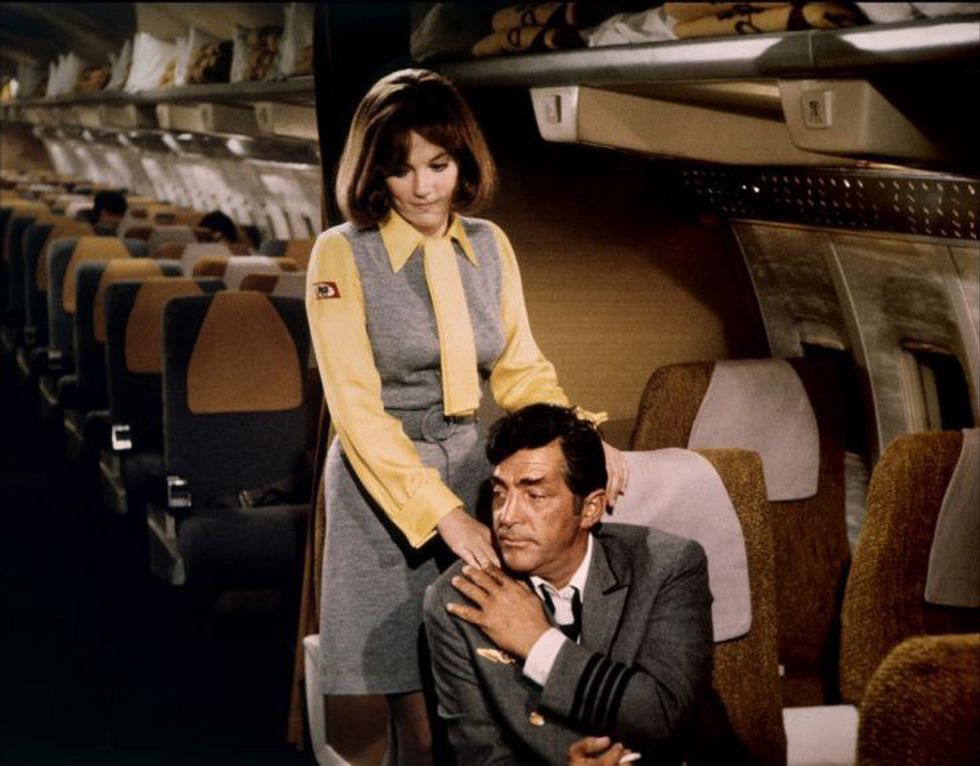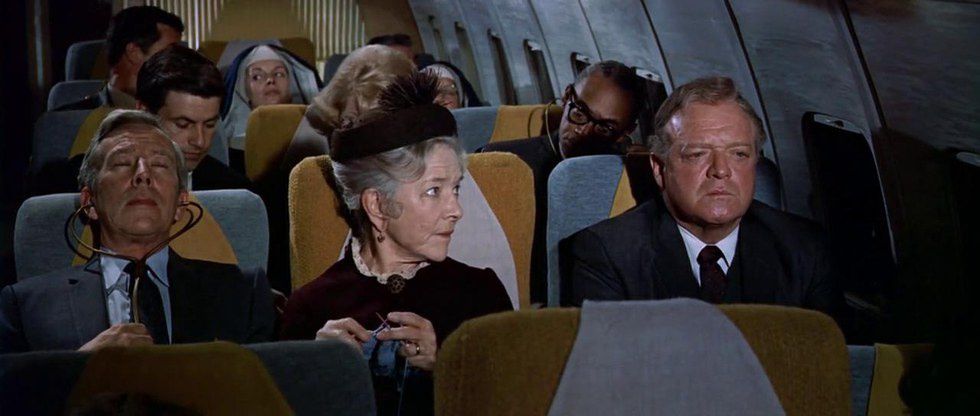Just one look at Tura Satana's bustier-than-life go-go dancer Varla relegates the 1965 film Faster, Pussycat! Kill! Kill! to the lowly status of a sexploitation movie; from the start, it is unable to regard the entire package as anything but a novelty. In spite of, or perhaps because of its notorious critical failure, it has often been reexamined by critics and, over time, has garnered high praise from feminists and film critics alike.
Life's funny like that sometimes.
Recommended for you
Like the works of Edgar Allan Poe or Vincent Van Gogh, a movie is sometimes unfairly labeled as "bad," and shunted aside for the next week's new release. It gets filed away as a dud and for every Faster, Pussycat!, there are dozens of rhinestones-in-the-rough which are forgotten about. It is my hope to dust off these cinematic-crapfests and try to salvage them in my own fledgling series I've so cleverly named "Redemption".
This week's film is arguably iconic, a movie which not only made a killing at the box office but gave birth to an entire genre: 1970's Airport. With an all-star ensemble cast and a dozen meandering, paper thin plot lines (which finally, mercifully come together nearly halfway through the movie), it still retains a kind of modernity to it. Replace Jacqueline Bisset with Katherine Heigl, Dean Martin with Bradley Cooper, and Helen Hayes with Sally Field and you would have an instant summer blockbuster.
The first half of the movie is relentlessly long, chiefly due to the eye-popping amount of exposition required for the mile-long list of leading characters (don't even ask about the secondary leads and supporting cast). Though the movie panders relentlessly to the audience, this is the movie that elevated the lowly disaster film to a hallowed, kitschy art form, and I was entirely too engrossed to be offended by Airport's assumption that I am wholly unable to infer meaning. Detractors may call it a two hour long series of predictability, but nobody can say it isn't entertaining, and, unlike the modern incarnations of these ensemble movies (Valentine's Day, New Year's Eve, et cetera), the large cast does not detract from the film.
The true standout of this melodramatic plane wreck, however, is the Academy Award-winner (Best Actress - 1931) Helen Hayes who delivers the most endearing, authentic performance as a "crafty little old bitty" who finds joy in subverting authority by sneaking aboard flights. Hayes is a refreshing break from the parade of excessive histrionics, and plays her role with a wide-eyed, comically insincere innocence which landed her an Oscar for Best Supporting Actress. Van Heflin and Maureen Stapleton as the terrorist and his suffering wife are two other gleaming points of the movie (Heflin chooses to wring every last outlandish expression from his one-dimensional antagonist and Stapleton's solemnity is, dare I say, moving), but it is Hayes who ultimately steals the over-inflated show.
Final Verdict: Though this movie is by no means a cinematic masterpiece, its moderate thrills (for 1970) and standout performances by hallowed veterans of the stage and screen more than keep this soap-opera-in-the-sky afloat. It's more than worth a watch (even if just for a laugh at how lax security regulations were in a pre-9/11 society [a twitching man with bulging eyes clutching a suitcase to his chest only draws suspicion after he boards the plane, and even then it is met with skepticism]), though maybe not one with a critical eye, and stands head, shoulders, wings, and cockpit over several of the piss-poor disaster films which succeeded it.
Stray observation: Dean "Slurs every word he isn't singing" Martin doesn't strike me as the most competent pilot.




















